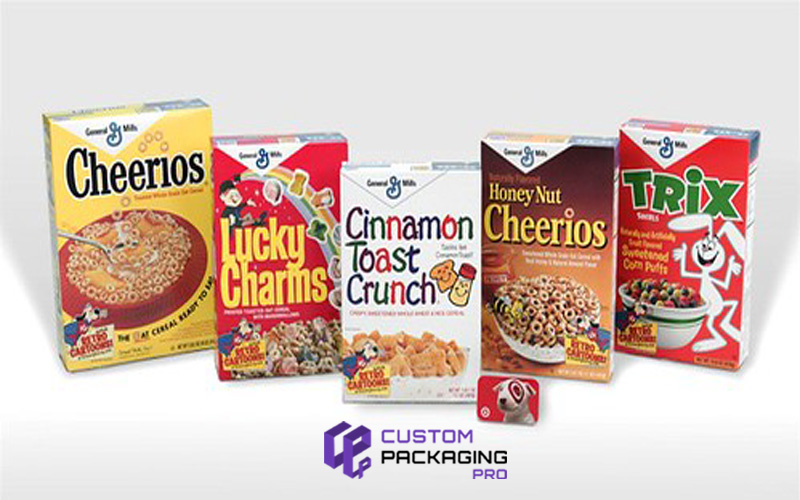The history of cereal boxes is closely tied with cereals that emerged as healthy food and later on became a convenient breakfast for a busy lifestyle. The humble box for cereal went through a very great deal of evolution until it has found its profound place on the modern breakfast table.
At the turn of the 18th century when the Christian church deemed meat consumption to be harmful to the body and the soul and people were resorting to diets that evaded animals. The first cereal was made in 1863 in the United States by James C. Jackson. He named it Granula. One drawback this product had was that it had to be soaked overnight until it was ready to be consumed the next morning.
It was in 1894 when a Physician in Michigan named John Harvey Kelloggs invented the modern cereals when he was experimenting with the dietary plan at Black Creek Sanatorium. He introduced this diet as a health product but his brother Will Keith Kellogg cleverly ditched the healthy diet idea and reintroduced it as a convenient diet. The idea took off and Kelloggs Company came into existence.
Soon Cereal manufacturing became an industry as other companies jumped in and made their version of cereals to gain the market share worldwide. At the same time, every box for cereal made by different companies also went through transformations and evolved into what we see on our breakfast table today.
The Early 1900s – The Cereal Boxes were Gaining Traction
Will Keith Kellogs had now figured out that corn flakes with a unique edible texture were a food. They called it corn flakes. The Kellogs’ later descendants added sugar to the product and it was marketed. A great marketing move made at that time was that it contained the first stimulating prize that came out of the box when you opened the package.
The 1930s to 1960s – The Development of Custom Cereal Boxes
The era Between the 1930s to 1960s is certainly the one when the cereal boxes were shaped from the sales point of view as the big cereal makers experimented with their clever ideas and marketing gimmicks. The first cartoon character was invented and shown on the big screen.
It was from the Walt Disney studios and everyone knows it by the name of Mickey Mouse. When other cartons characters were sketched out by other studios they started to appear on cereal boxes as Mickey Mouse gave its debut on a cereal box and was successful.
Other changes that took place on the custom cereal packaging were the organization of the information and better use of the real state on the boxes. Brands started to establish their distinct identity and other than displaying characters, some companies displayed illustrations to attract more customers.
The 1970s to 1980s – Cultural Reflection on Custom Packaging
In the 1970s, fonts changed and images or illustrations from pop culture found their way onto cereal boxes. The advertising campaigns associated with the appearance of the boxes were increasingly based on Hollywood movies and television.
Nutritional information was also increasingly appearing on the boxes to inform consumers about what they were buying. This was something that kept cereal box designers busy for years.
The 1990s till Present – Simplicity and Minimalism
As with many kinds of packaging, the custom boxes also became the target of minimalism and simplification in their design and the graphics including the information they displayed. There is a more clever use of white space and there is only necessary information making the boxes more clean and sleek.
The history of the evolution of the cereal boxes give us the indications of how the customer psyche and the market changed over the years obliging the packaging and the product to change with it.












